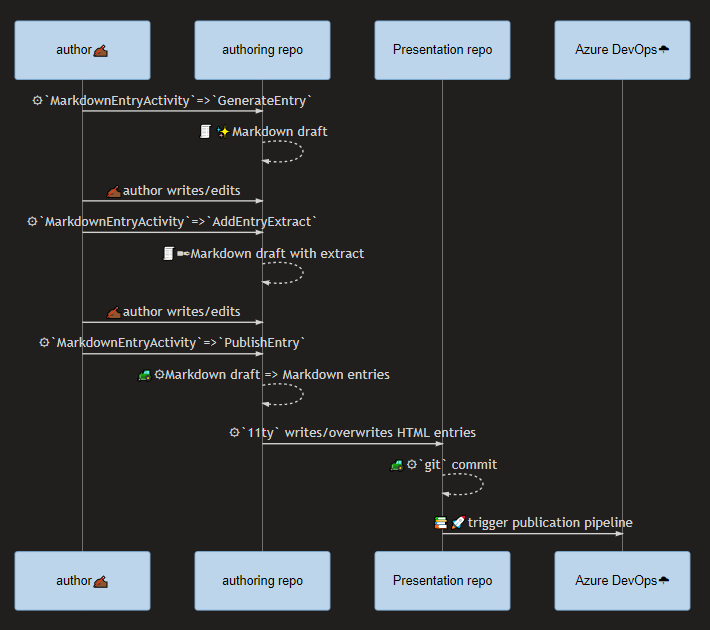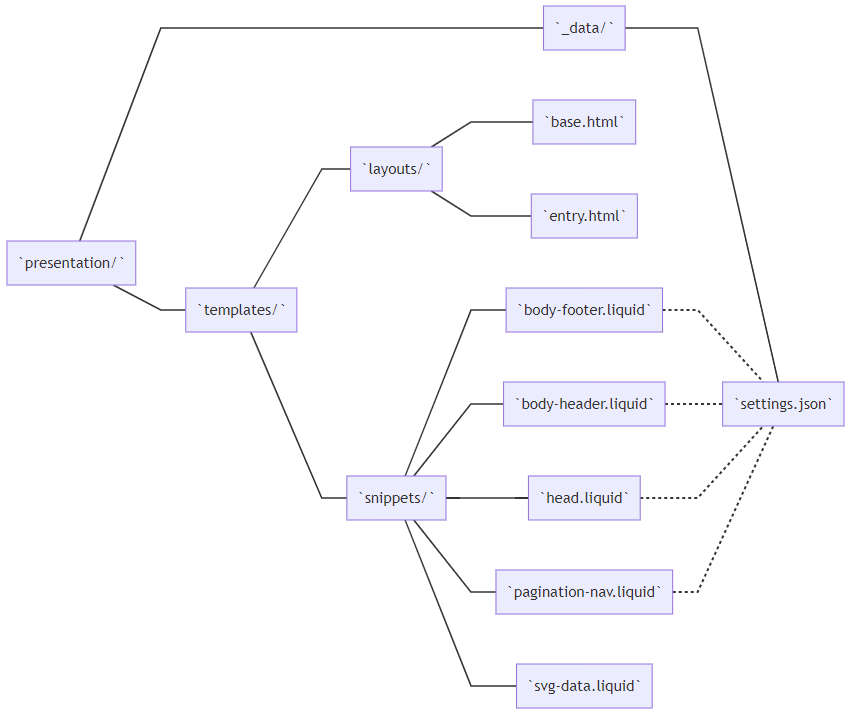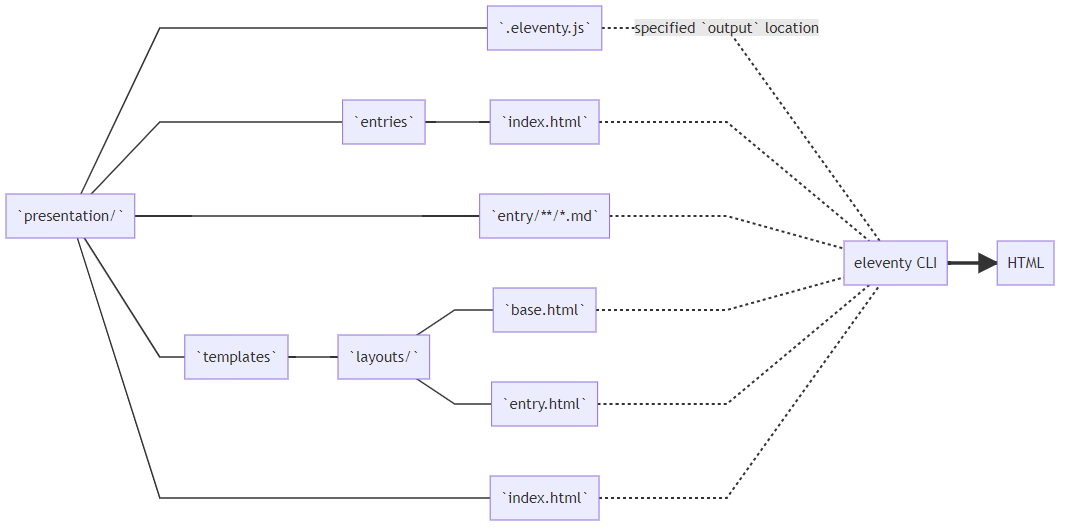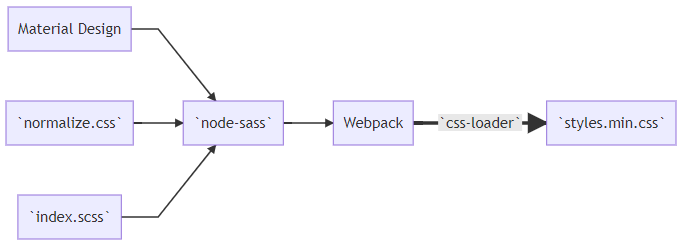my blogging workflow for 2020 is all about 11ty (eleventy)
As of this writing, my Blogging workflow looks like this:

Above, we see the author (me ✍🏾) generating Markdown in one repository and using 11ty.dev (eleventy) to write/overwrite files in another. These are the authoring repo and the Presentation repo, respectively. For this Blog post being read (by you) right now:
- https://github.com/BryanWilhite/Blog is the authoring repo
- https://github.com/BryanWilhite/day-path is the Presentation repo
These are my known reasons why I am using two repositories when you are likely to use one or none:
- the authoring repo depends on a couple of eleventy
npmpackages, vastly reducing hidden storage costs and increasing portability gitpushes are cheap and plentiful in the authoring repo while a push in the app Presentation repo kicks off automated deployment by design, making-big-and simple automated deployment instead of celebrating the complex.
Effectively, the authoring repo is a portable collection of word processing documents that can be cloned and pulled all over the place while the Presentation repo depends on over 100MB of npm packages and is concerned with the look and feel of a user interface. This separation mirrors what happens to most WordPress users who perceptually experience two separate web sites to write and view content.
What’s not so effective is the separation of eleventy templates (*.html and *.liquid files) from the Presentation repo. In the beginning design phase, I have felt they are trapped in the authoring repo when they should live with the Presentation. However, as the visual design settles down, I can look at these things as data (user interface as data) and metadata which works well when we see authoring as managing data as well as producing it.
the Songhay.Publications 📦 package
Blog publication is a practice of my Studio which is part of a larger Publications enterprise, standing on top of my Songhay.Publications 📦 package. The sequence diagram shown above shows the MarkdownEntryActivity managing Markdown files. MarkdownEntryActivity is part of the Songhay.Publications NuGet package.
The GitHub project for the 1.0.3 release of this package goes into way too much detail about building Songhay.Publications—and, I do look forward to writing more about the automation of Markdown workflows in future.
eleventy flows
By convention, settings.json data flow to the template type configured for eleventy. Even though most eleventy samples—like eleventy-base-blog—choose Nunjucks from Mozilla, I am currently using Liquid from Shopify (probably under the influence of Jekyll).
Liquid has a snippets concept that allows me to break down a template into smaller chunks. The following diagram is trying to show settings.json data flowing into several *.liquid snippets:

When we first try out eleventy and after we enjoy its zero-config feature, we focus on the .eleventy.js file [📖 docs]. My primary need for for this file was to define a collection of Markdown files under my conventional entry/ directory. The magic of eleventy is its ability to load all of these Markdown files into memory (which feels not quite scalable) and render HTML in the specified output location:

My other conventional directory, entries/, shown above, takes advantage of the front matter in the Markdown entries to render pagination.
Presentation repo flows
The Presentation repo depends on over 100MB of npm packages and is concerned with the look and feel of a user interface. We can break these concerns down into distinct ‘flows’:
Typescript flow

The presentation/templates/snippets/head.liquid snippet shown in the eleventy flow diagram above references both scripts.min.js and styles.min.css.
Sass flow

why build all of this?
This is a violent departure from WordPress. …and most of the violence was self-inflicted. The technical motivation away from WordPress was simply because my work has no need for a dedicated database connection. The use of static files as a data source works for me (and is a veiled admission that I Blog alone—there is no team of co-authors writing concurrently). The strategic motivation away from WordPress were its frequent security problems.
My Markdown front matter is mine. Many of the alternatives to what I’ve built here must have opinionated front matter. eleventy-plugin-blog is an example of this. I want flexibility and intra-Studio operability with my front matter and eleventy gives us this by design and by default.
Building on Typescript and C# is a priority. What I assume is the leader in this Jamstack space, Jekyll, is built on Ruby but eleventy is creature of Node.js—eleventy is all about Javascript—which allows me to use Typescript.
Using Visual Studio Code as a word processor is not strange to me. I am such a long-time Microsoft Word user that I have used VBA, followed by VSTO. I have tried to use Word in particular and Microsoft Office in general as my publishing platform. This did not work out for me. I currently have more respect for text than the 20th-century-based graphical experience of the typical Office offering (this includes Open Source alternatives as well).